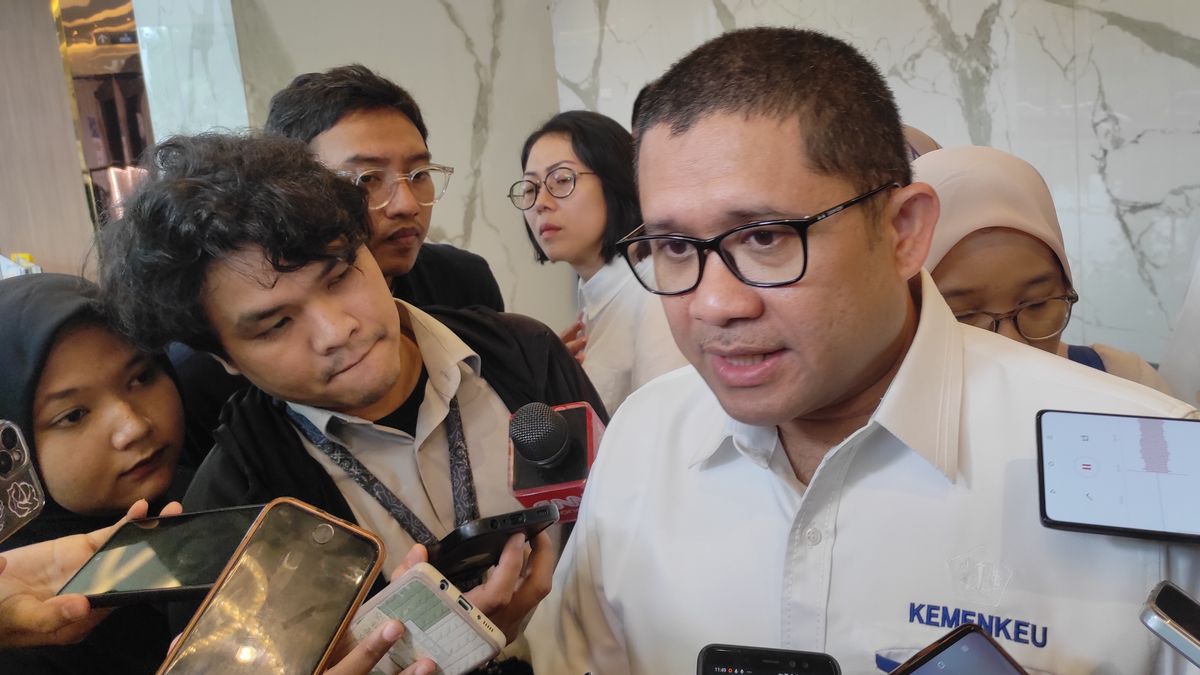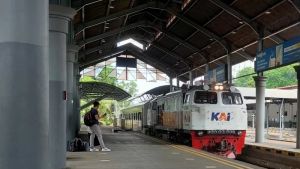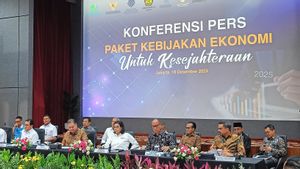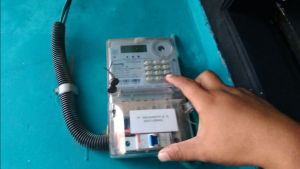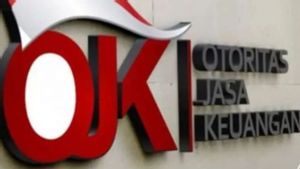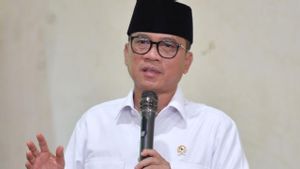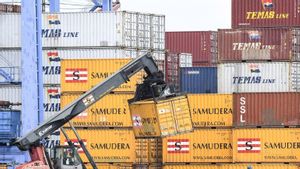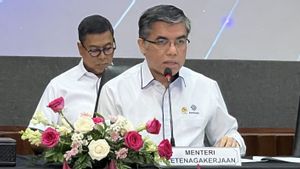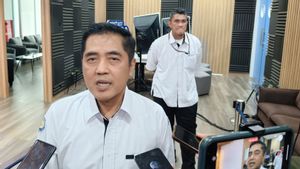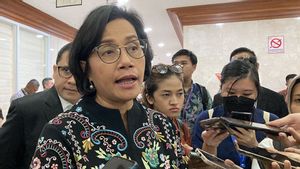JAKARTA - The government officially announced an increase in the Value Added Tax (VAT) rate of 12 percent on January 1, 2025.
To reduce the effect of the increase in VAT rates, the government will provide an economic policy stimulus by 2025.
Head of the Fiscal Policy Agency (BKF) of the Ministry of Finance Febrio Nathan Kacaribu conveyed the potential for funds borne by the government or tax expenditures for this matter up to Rp40 trillion.
"There has been an estimate, later we can relatively manage it from the state budget. It could be around Rp. 30-Rp. 40 trillion," said Febrio to the media crew, Monday, December 16.
The policy stimulus includes the 1 percent DTP VAT budget requirement for Oilita, which is IDR 900 billion, with an estimated cooking oil volume of Oil Oil in 2025 of 175.000 tons per month. Based on historical data, the realization per month ranges from 170,000 to 180,000 tons, and HET of IDR 15.700 per liter.
Next, the 1 percent DTP VAT budget requirement for wheat flour is estimated at Rp900 billion, provided that the estimated volume of wheat flour in 2025 is based on the total national demand of approximately 6.66 million tons.
The average price for November 2023 - November 2024 is IDR 13,139.
Furthermore, the 1 percent DTP VAT budget requirement for industrial sugar is IDR 437.5 billion, with the record that industrial sugar is an important input for the food and beverage industry, because the industry shares reach 36.3 percent of the total management industry and 6.9 percent of GDP.
Then, the budget requirement for food/rice assistance of 10 kg for 16 million families for 2 months is IDR 4.6 trillion.
Furthermore, the budget requirement for electricity cost discounts is 50 percent for customers with a power of 2200 VA or lower for 2 January-February 2025, assuming that it will be given to 8.1 million subsidies and non-subsidized customers a maximum of IDR 5.4 trillion per month so that the total required incentives are IDR 10.8 trillion.
Next, the budget requirement for DTP Properti VAT is IDR 3 trillion.
The government bears 100 percent DTP VAT for submission with BAST from January 1, 2025 to June 30, 2025, and 50 percent for submission with July 1, 2025 to December 31, 2025.
Furthermore, the budget requirement for DTP VAT for battery-based motor vehicles or electric vehicles (EVs) or Battery-Based Electric Vehicles (KLBBs) is IDR 2.8 trillion.
This incentive scheme is given 10 percent for the delivery of certain four-wheeled EVs and certain EV buses with a TKDN value of at least 40 percent and 5 percent for the delivery of certain EV buses with a TKDN value of at least 20 percent to less than 40 percent.
Then, the provision of PPnBM EV incentives with an incentive amount of 100 percent for the import of certain four-wheeled KBLBB in full or completely built-up (CBU) and the delivery of certain four-wheeled KBLBBs originating from domestic production or completely knock-down (CKD) so that it is estimated that the PPnBM DTP budget needs are IDR 2.52 trillion.
Furthermore, the provision of PPnBM DTP incentives for hybrid motorized vehicles of 3 percent is estimated to require a budget of IDR 840 billion. And the provision of incentives for the exemption of CBU EV Import Duty by 0 percent. The government has not calculated the potential need for incentives.
Next, the provision of PPh Article 21 DTP incentives for workers with a salary of up to IDR 10 million per month applies to the labor-intensive sector, which is estimated to require a budget of IDR 680 billion.
Furthermore, incentives for Job Loss guarantees, with cash benefits of 60 percent flat from wages for 6 months, training benefits of IDR 2.4 million, and easy access to information, as well as the success of the Pre-Employment Program (sustainability transition pre-work program to the Ministry of Manpower. The government has not calculated the potential expenditure of this incentive.
Then the final PPh for MSMEs. This policy is given to MSME OPs which can still take advantage of the Final PPh 0.5 percent for 2025.
As well as the MSME threshold, it fell from IDR 4.8 billion to IDR 3.6 billion.
Furthermore, the labor-intensive industrial financing scheme. This incentive aims to support financing needs in efforts to revitalize machines to increase productivity aimed at Investment Loans, by accommodating the need for Working Capital Loans.
Range ceiling above Rp500 million to Rp10 billion with an interest subsidy of 5 percent.
اقرأ أيضا:
Meanwhile, with interest subsidies of around Rp. 220 billion to 260 billion, the total loans disbursed are around Rp. 20 trillion.
Next, a 50 percent contribution discount for 6 months for the labor-intensive industrial sector with the assumption that 3.76 million workers are borne by BPJS TK amounting to Rp280.9 billion.
Febrio explained that the budget issued by the government for tax incentives or tax expenditures will not affect state revenues, or affect the APBN deficit.
"We will continue to monitor the receipt, and this is in the event that we manage it, we will always monitor it. We manage the state budget, it hasn't started for a year, we manage it," he said.
The English, Chinese, Japanese, Arabic, and French versions are automatically generated by the AI. So there may still be inaccuracies in translating, please always see Indonesian as our main language. (system supported by DigitalSiber.id)
